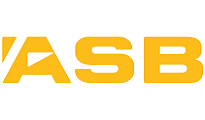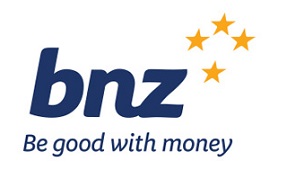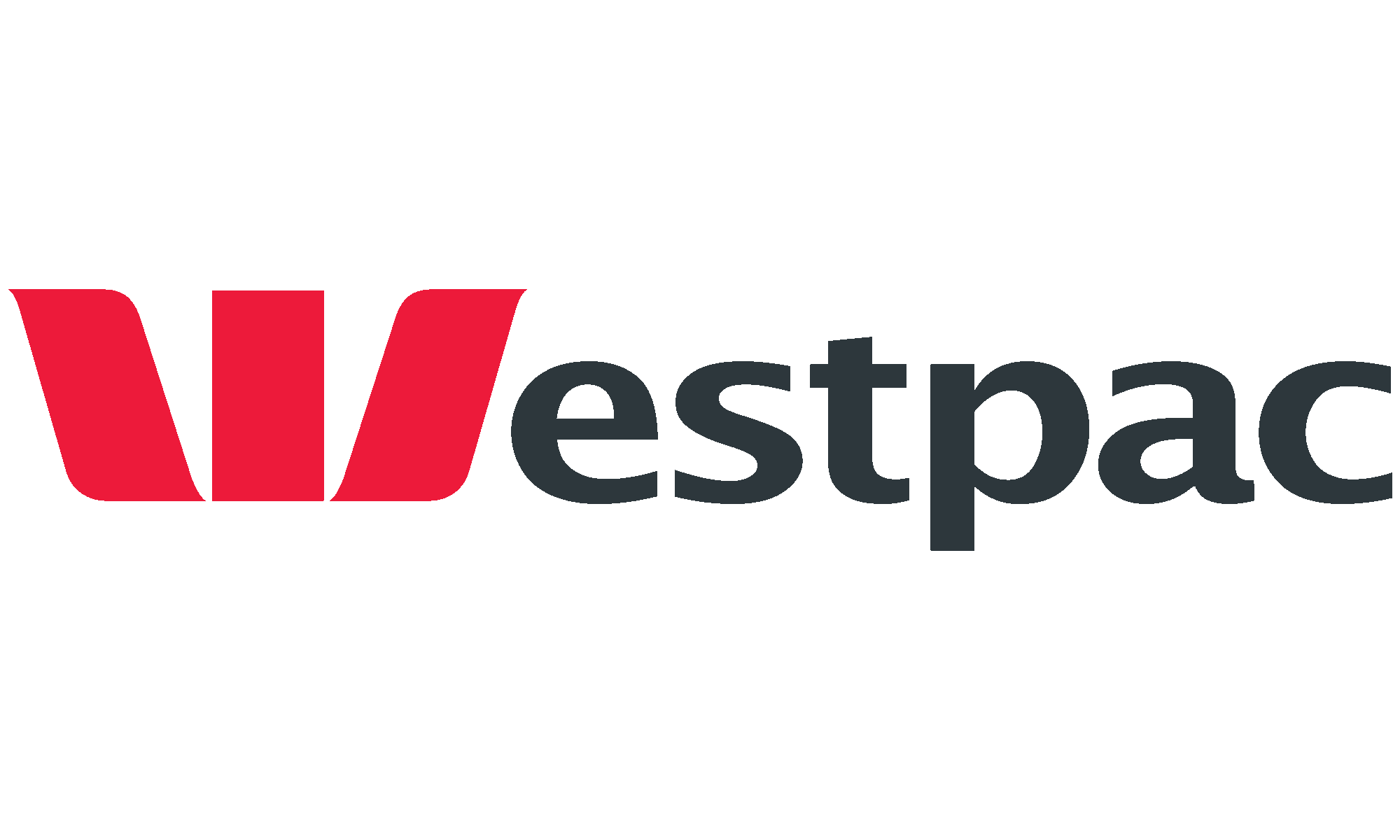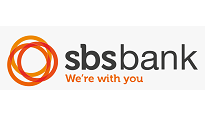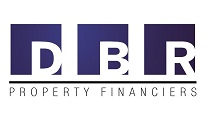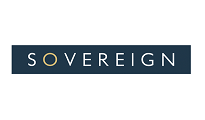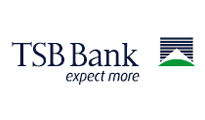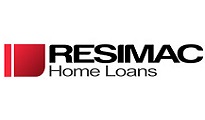Home Loan
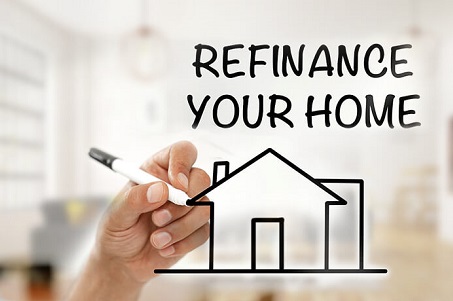
Refinancing or Refixing your existing home loan
You may want to refinance to another Bank or lender to receive a better home loan interest rate, and overall package than you’re receiving from your current Bank. We also negotiate with your existing Bank to receive a discounted home loan interest rate on your behalf when your fixed loan comes due for renewal
First Home Buyers
There are a number of options available if you have a low deposit such as Welcome Home Loans, Parental or family member guarantees, Kiwisaver withdrawal, Kiwisaver subsidy, and Banks are also lending up to 90% for existing properties, and 95% for new house builds.
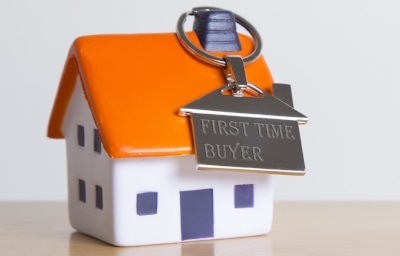

Investors
The potential for capital gains, tax benefits by negative gearing, and receiving a passive income are some of a number of reasons why owning a rental property is a popular investment strategy.
Self employed
Banks will usually ask for your last 2 years Financial accounts from your Accountant prior to applying for a mortgage. If this is not available then other options could include IRD Tax summary, GST returns, YTD trading results.

Building or renovating a home
Banks are currently lending up to 95% for a ‘turn key’ build. Whether you're building a new home or renovating your existing home, your home loan is approved for the full amount - the loan maybe be set up as a revolving credit facility whereby you can draw down the funds as you require them to pay subcontractors, architects, Council etc. If the Bank is not prepared to advance the full amount up front, the funds may be released in instalments as the building work progresses and the property value increases

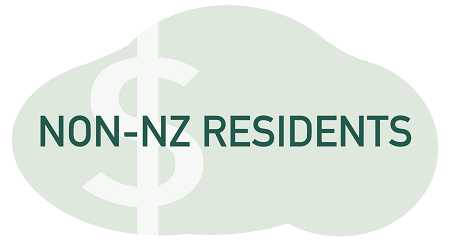
Non NZ Residents
Working Visa or Visitors visa.
Debt Consolidation
Refinancing your mortgage to pay off high interest debts such as credit cards, personal loans, or hire purchases can save you money and improve your cashflow with mortgage interest rates being significantly less.


Bridging Finance
If you want to purchase a new property prior to selling your existing property bridging finance maybe a short term option – up to 6 months. Whether you have no offer on your existing property, an unconditional offer, or a conditional offer, bridging finance may be an option. It is really dependent on the equity you hold in your existing property, and the ability to meet the new bridging finance repayments until your current property sells.
Business
Buying a new business or franchise, asset acquisition, leasing and hire purchase, equipment finance, or working capital.


Commercial
Expansion, investment funding, leasing, purchase or refinance of commercial properties, retail shops, industrial land, factories and offices, or cash flow lending.
2nd Mortgage
A second mortgage is a mortgage which is registered against a property and is usually at a higher interest rate than that of a first mortgage, and is obtained through non bank lenders. Second mortgages are usually obtained to assist with additional funding that a Bank will not assist with and may be used to meet the need for short term funding.

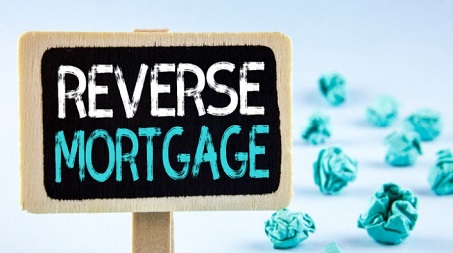
Equity release/Reverse mortgages
You are not required to make loan repayments during the duration of the loan, as the interest is included and the loan can be paid to you as a lump sum, or a monthly income - the amount you can borrow is dependent on your age and the value of your home.

